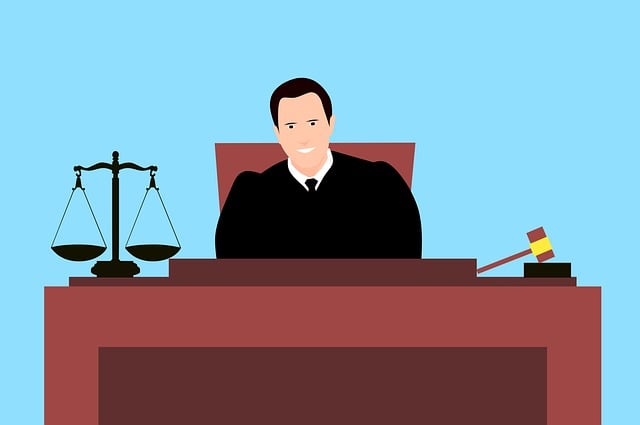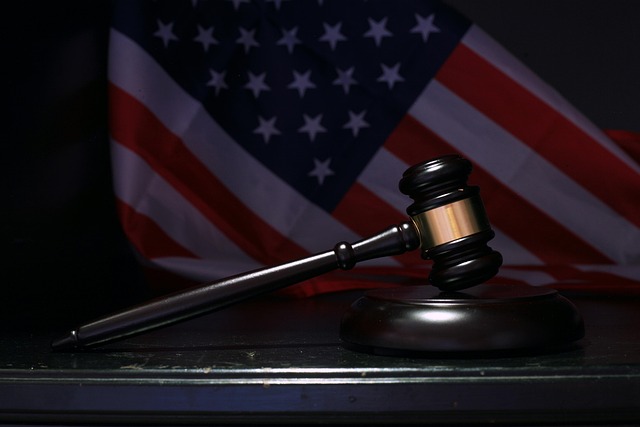Healthcare fraud, encompassing activities like false billing and identity theft, poses significant risks to patients, providers, and the economy. The Common Legal Issues in Healthcare Regulation derived from these scams include billing inaccuracies, service misrepresentation, and privacy violations, classified as white-collar crimes requiring specialized legal strategies. Detection challenges stem from evolving fraud techniques, complex legal aspects, and the intersection of compliance errors with insurance claim fraud. Preventing healthcare fraud necessitates a multi-faceted approach combining advanced systems, regulatory oversight, data analytics, and proactive measures to address Common Legal Issues in Healthcare Regulation and maintain public trust.
Financial fraud in healthcare is a pervasive issue, with significant economic and patient-centric implications. This article delves into the intricate world of healthcare fraud detection, exploring its various types and profound impact on both providers and consumers. We examine the legal framework governing fraud prevention within healthcare regulations, focusing on common legal issues. Furthermore, practical strategies to mitigate this fraud are discussed, offering insights for healthcare professionals to navigate and protect against financial misconduct in their practices.
- Understanding Healthcare Fraud: Types and Impact
- Legal Framework for Fraud Detection in Healthcare
- Common Challenges in Detecting Financial Fraud
- Effective Strategies for Preventing and Mitigating Healthcare Fraud
Understanding Healthcare Fraud: Types and Impact

Healthcare fraud is a significant concern within the medical industry, presenting various forms that can have severe consequences for patients, healthcare providers, and the broader economy. This type of fraud encompasses a range of illegal activities, from false billing claims to identity theft and medicare scams. One of the most prevalent methods involves submitting false insurance claims for services not rendered or overcharging for treatments. These practices not only result in financial losses but also compromise the integrity of healthcare systems and can lead to uneven access to quality medical care.
The impact of healthcare fraud extends beyond monetary losses, often affecting patient safety and trust in healthcare institutions. Common legal issues arising from such cases include billing inaccuracies, false representation of services, and violation of privacy. In many instances, these fraudulent activities are considered white-collar and economic crimes, requiring specialized legal strategies for prosecution. Jury trials play a crucial role here, as they help establish accountability and deter future criminal behavior in the healthcare sector, where regulations and compliance are vital to ensure ethical practices and patient well-being.
Legal Framework for Fraud Detection in Healthcare

The legal framework for fraud detection in healthcare is a complex landscape shaped by stringent regulations aimed at safeguarding patients and ensuring ethical practices. Given the sensitive nature of health data, laws like HIPAA (Health Insurance Portability and Accountability Act) in the US lay down strict rules on data privacy and security, with severe penalties for non-compliance. These regulations not only govern how healthcare providers handle patient information but also dictate procedures for detecting and reporting fraudulent activities.
Common Legal Issues in Healthcare Regulation, such as false billing practices, insurance fraud, and kickbacks, pose significant challenges. High-stakes cases often involve intricate financial transactions and complex relationships between corporate and individual clients. Achieving extraordinary results in fraud detection requires a deep understanding of these legal intricacies, coupled with innovative strategies to uncover and prevent deceptive behaviours. Legal experts play a pivotal role in navigating this landscape, providing guidance that balances the need for effective fraud prevention with the ethical delivery of healthcare services.
Common Challenges in Detecting Financial Fraud

Detecting financial fraud presents a unique set of challenges due to its intricate nature and sophisticated methods employed by perpetrators. One significant hurdle is the evolving landscape of fraud techniques, which requires constant adaptation in detection strategies. Fraudsters often exploit technological advancements and loopholes in complex financial systems, making it difficult for traditional methods to keep up. For instance, with the rise of digital transactions and advanced data analytics, money laundering schemes have become more intricate, involving hidden layers of complexity that can go unnoticed by conventional fraud detection systems.
Furthermore, navigating the legal aspects of financial fraud cases is a complex endeavor, especially in the context of healthcare regulation. Common legal issues in healthcare regulations, such as compliance errors and insurance claim fraud, often intersect with white-collar defense strategies. Understanding the nuances of these legal complexities is vital throughout all stages of the investigative and enforcement process for high-stakes cases. Effective detection demands a multidisciplinary approach, combining advanced technology, robust data analytics, and meticulous legal scrutiny to unravel the intricate web of financial fraud.
Effective Strategies for Preventing and Mitigating Healthcare Fraud

Preventing and mitigating healthcare fraud is a multifaceted challenge that requires a combination of robust systems, regulatory oversight, and proactive measures. One key strategy involves leveraging advanced data analytics to identify anomalies in claims patterns, such as unusual spending or billing practices. By integrating artificial intelligence algorithms, healthcare providers can detect potential fraudulent activities in real-time, flagging suspicious cases for further investigation.
Furthermore, strengthening internal controls and compliance programs is essential. This includes implementing stringent procedures for employee training on ethical conduct and compliance with regulations like HIPAA (Health Insurance Portability and Accountability Act). Addressing common legal issues in healthcare regulation, such as billing inaccuracies or unauthorized access, can also help prevent high-stakes cases involving white-collar defense. An unprecedented track record of success in these areas is crucial for maintaining public trust and ensuring the integrity of the healthcare system.
Financial fraud in healthcare remains a significant challenge, with evolving techniques and complex legal frameworks. Understanding the various types of fraud and their impact is crucial, as is navigating the common legal issues within healthcare regulation. While progress has been made through improved detection strategies, ongoing vigilance and collaboration between stakeholders are essential to combat this pervasive issue. By adopting robust measures and staying informed about regulatory changes, we can foster a more transparent and secure healthcare ecosystem.






